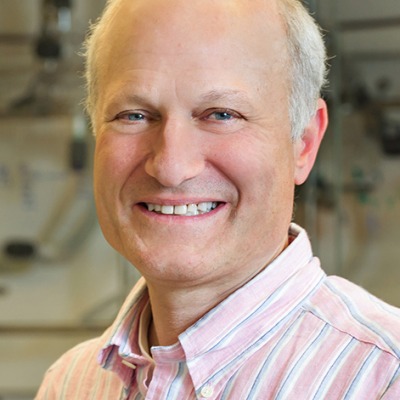David Sherman, Ph.D.


David Sherman studies the natural chemical compounds made by microorganisms in order to harness the tremendous capabilities of microorganisms to create complex molecules with the potential for use as new therapeutic treatments. His research explores the fundamental aspects of combinatorial biosynthesis while pursuing drug discovery opportunities for infectious diseases and cancer.
A large number of today's drugs are based on natural products which have been discovered from terrestrial and marine microbes. Sherman is performing molecular genetic analysis of natural products biosynthesis in marine cyanobacteria, actinomycetes and myxobacteria. He uses a diverse set of tools, including molecular genetic, biochemical and bioorganic chemical studies.
The unique chemistry that constructs complex terrestrial and marine natural products is derived from a virtually limitless source of novel enzymes (catalysts) responsible for creating a diverse set of biologically active small molecules. As new classes of marine natural products are explored, it will be possible to use the versatile tools of genetic engineering to over-express, purify and characterize fully the unique chemical catalysts that have evolved in the terrestrial and marine environments.
Sherman’s work exploits the huge potential of microorganisms to create novel organic molecules by deliberate in vivo and in vitro engineering of the genetic pathways of natural product biosynthesis, perhaps resulting in human and veterinary pharmaceuticals, specialty chemicals, and high value biomaterials. It is possible that the single most important new source of the needed metabolic diversity for the creation of new pathways will be provided by natural product biosynthetic genes derived from marine microorganisms. Sherman’s lab is aggressively pursuing novel metabolic pathways from micro- and macro-organisms, including those from sponge symbionts and other invertebrates.